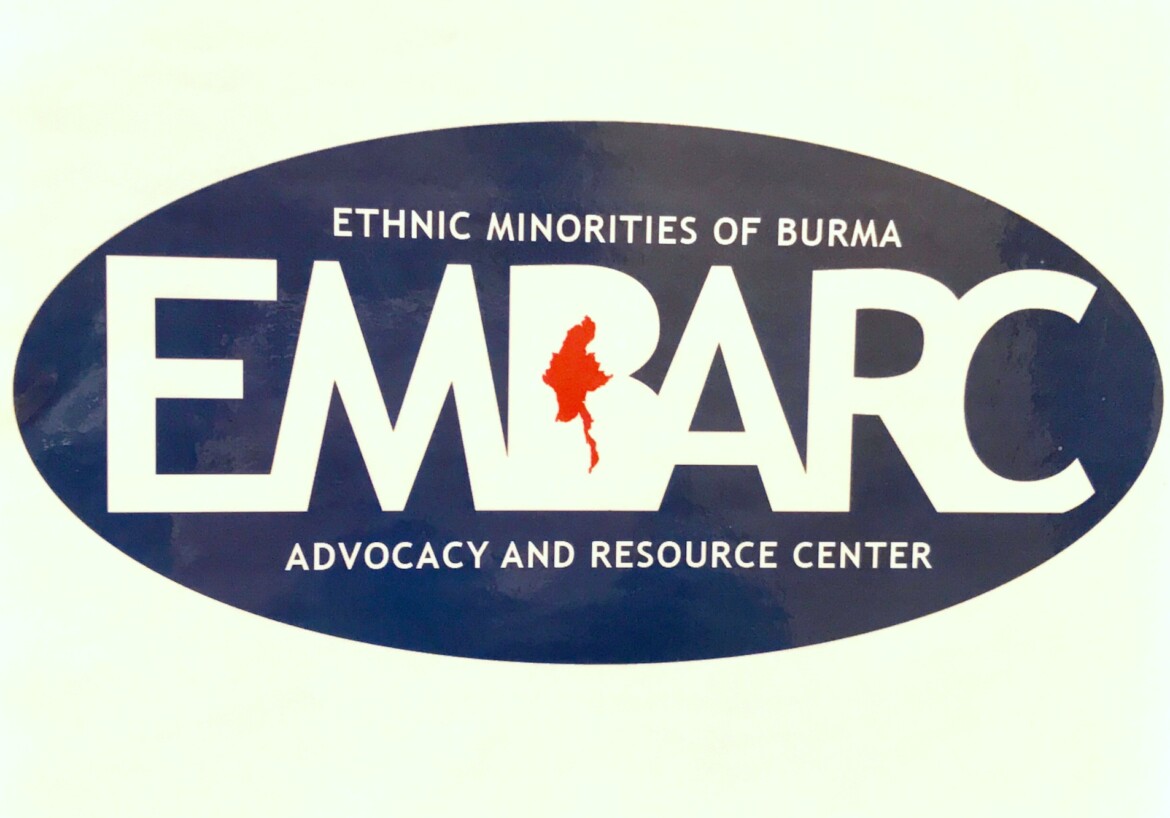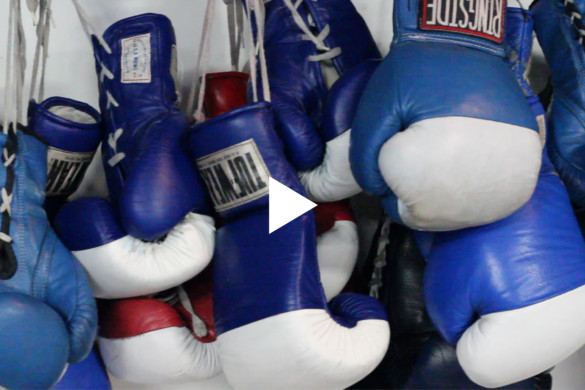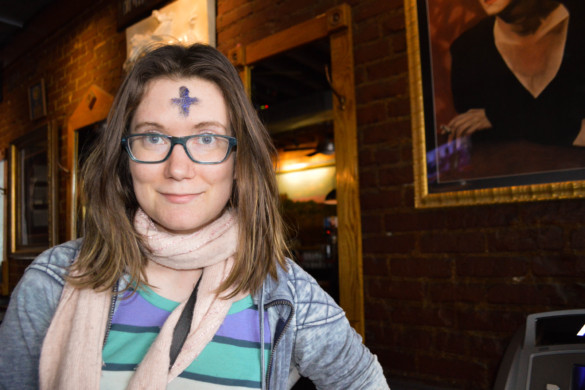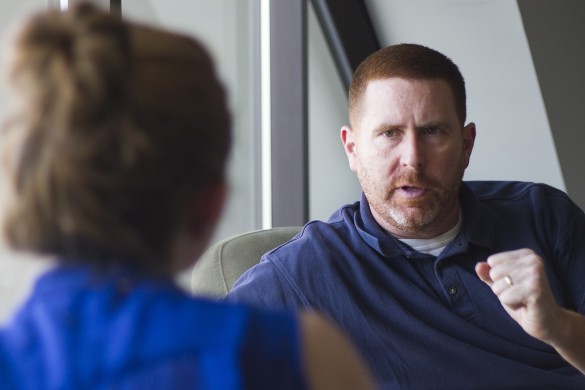A new partnership aims to break the cycle of poverty
Words and Photo by Sarah Hubbard
President Donald Trump has put immigration and refugee issues centerstage with his recent bans on travel and immigration. However, refugees already in the United States are facing their own issues.
Limited English proficiency creates barriers for immigrants who want to fill jobs or enroll in educational programs. Enrolling in educational programs would also require a significant investment of time and money, both of which immigrants traditionally lack. Additionally, there are very few opportunities for immigrants with limited English skills to enter educational programs that also provide language assistance.
Throughout its history, Iowa has been a very welcoming state for refugees. According to the Iowa Department of Human Services, approximately 7,000 refugees from Burma have come to Iowa since 2009. This makes refugees from Burma the largest percentage of Iowa’s refugee makeup in the past few years.
Iowa has been facing a workforce shortage since 2008, according to Iowa’s Workforce Development. Immigrants are poised to help decrease workforce shortages, and the number of immigrants in the state has increased over the years.
Upskilling partnerships could be key to breaking the cycle of poverty that refugees so often face. Upskilling is providing workers or potential workers with additional skills to expand their capabilities. Many of the jobs refugees and immigrants find are factory-based, which are typically dangerous and provide limited opportunities for career advancement. By completing an upskilling program, refugees could gain valuable skills and have the opportunity to move forward.
Jill Niswander, a spokeswoman for the Ethnic Minorities of Burma Advocacy and Resource Center had an eye-opening experience last fall when she was sent to observe the upskilling partnership program between Westchester Community College and the nonprofit Neighbors Link Northern Westchester, both located in the suburban New York City area.
“Westchester has a unique socioeconomic makeup in that the top 1 percent and bottom 1 percent live in such close proximity and make up a majority of the population. The bottom 1 percent is made up of mostly Hispanic immigrant workers with very few career prospects,” said Niswander.
Neighbors Link, an organization that works to integrate immigrants into American culture, and Westchester Community College came together to offer educational opportunities for the immigrant workers, including programs teaching eco-cleaning, home aide and cafe management. In 2016, nearly 7,000 day jobs were secured through the Neighbors Link work center. The average pay for workers who completed these programs was $15 per hour. In addition to work training programs, Neighbors Link held over 50 educational workshops on job skills, legal issues, worker safety, police/immigrant relations, and workers rights in 2016.
The Westchester partnership is one of six other similar projects supported by the Building Community Partnerships to Serve Immigrant Workers initiative of the National Council for Workforce Education.
“My team saw what a success the partnership in Westchester, New York was. I thought to myself, why not bring it here? Why not Iowa?” said Niswander. “We have a need. Let’s do something that will benefit both the refugee community and the state.”
The upskilling initiative aims to provide immigrants with further options through a collaboration between the Ethnic Minorities of Burma Advocacy and Resource Center (EMBARC) and the Des Moines Area Community College (DMACC).
EMBARC is a grassroots, community-based nonprofit founded for ethnic minority members from Burma. EMBARC’s mission is to help refugees expand their world of possibilities through advocacy, education, and community development, and it has budgeted $60,000 for the upskilling partnership.
DMACC is a government-funded two-year educational institution serving the Des Moines metropolitan area and 11 counties in central Iowa. Because DMACC already employs the instructors needed for the partnership, added staffing costs will be avoided.
“DMACC recognizes that it takes an education to find a job you want. In the case of refugees, there’s less educational opportunities available because of their unconventional situation,” said Kay Maher, an employment training specialist at DMACC. “Having a job that pays the bills is different from having a career. These programs are just the starting point. Our hope is that workers that complete these programs will have the confidence to pursue more schooling now or in the future.”
The initiative created by EMBARC and DMACC has identified three career path options that the organizations felt would be good fits for immigrant workers. Each of the career paths will require ESL and career readiness courses.
“The career training ESL classes will be more specialized than general ESL classes,” Niswander said. “We’re training people to work in specific areas, so we feel that it is important to emphasize the terminology required for those specific jobs.”
One of the career path classes that has been specialized for immigrant workers is logistics, as there are an estimated 28,000 jobs available in logistics in Iowa. Students will complete 64 hours of training to receive a logistics specialist certificate and can expect to make $12.70 per hour.
There are 9,000 jobs available statewide in culinary arts. The culinary arts program in the upskilling partnership requires 60 hours of classroom instruction. The estimated median salary for students who complete the culinary arts program is $10.93 per hour.
Iowa’s severe need for medical professionals inspired the creation of an additional career path, hoping to fill some of the 25,000 medical jobs available. Medical path students will receive 150 hours of classroom instruction to be certified nurse aides or direct care professionals, where they will receive around $11 per hour.
The upskilling partnership program between DMACC and EMBARC began last month. The first step in creating a successful program was assessing the Burmese community to gauge their interest, compatibility with the program and commitment to complete it.
In May, DMACC and EMBARC will finalize the training program dates. In addition, they will recruit and match students to training programs. The enrollment period for training programs will be from June to September, after which students will complete training programs from September to December and receive their job placements. Niswander hopes that by January 2018, all of the students who have completed training programs will be successfully employed.











